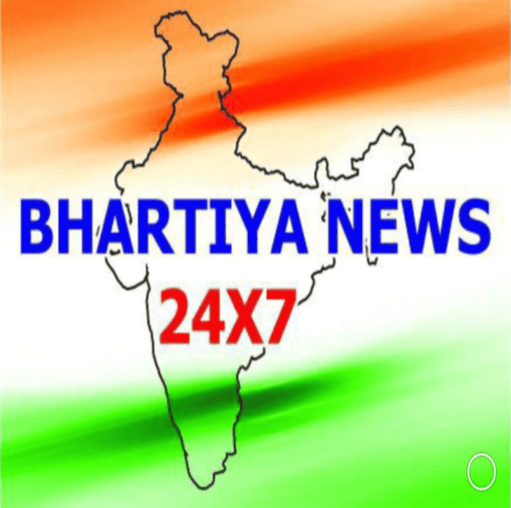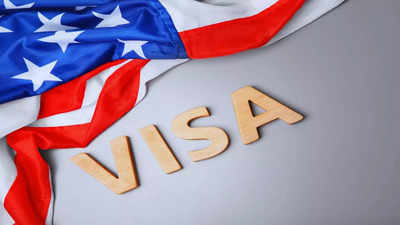
As the inauguration of President-elect Donald Trump approaches, apprehensions are mounting among Indian professionals regarding potential restrictions on immigration benefits, reminiscent of policies from his earlier term. In 2017, Trump signed an executive order to overhaul the H-1B visa program, aiming to prioritize American workers and reform the system to ensure that visas are awarded to the most skilled or highest-paid applicants.
More recently, soon after Trump’s re-election in 2024, there has been a growing backlash from MAGA supporters such as Laura Loomer, Steve Bannon, and Tucker Carlson, who have often targeted the H-1B visa program, claiming it undermines American jobs and wages. They argue that the program allows companies to hire foreign workers at lower wages, thus displacing American workers.
However, multiple Trump supporters, including Elon Musk, Vivek Ramaswamy, and Peter Thiel, have come out in support of the program, emphasizing that it focuses on attracting top talent. They argue that the H-1B visa is crucial for bringing in highly skilled professionals, particularly in the tech industry, which in turn drives innovation and economic growth.
Job offers revoked: A pre-inauguration jolt
In recent weeks, several professionals both in the U.S. and in Hyderabad have experienced abrupt revocations of job offers due to ‘visa-related concerns’. According to a TNN report, a Hyderabad-based software engineer is among those affected. After being hired by a U.S. tech giant in December, they were preparing to relocate to San Francisco when the offer was rescinded. Having already resigned from their current position, she now faces an uncertain future.
“I feel cheated. Why offer a role when you’re not sure about sponsoring the visa? They later said that they will issue my offer letter again when the whole discussion is settled and there is a concrete decision after Donald Trump assumes office. But how long can I wait?” she lamented, while speaking to TNN.
H-1B Visa: A double-edged sword?
According to the U.S. Citizenship and Immigration Services, over 72% of the 380,000 H-1B visas issued in 2023 were granted to Indians, predominantly in STEM fields such as data science, AI, machine learning, and cybersecurity. However, with the incoming administration’s intent to reform the H-1B program by increasing salary thresholds and costs for employers, aiming to prioritize American workers, the landscape appears increasingly challenging for Indian professionals.
Sleepless in Silicon Valley: Visa uncertainty looms
The fear of unemployment is palpable among those awaiting visa renewals. A cybersecurity consultant in Los Angeles, is encountering delays in her H-1B visa sponsorship.
“Initially, the company promised to expedite the process (of sponsoring the H-1B). But now they claim they are ‘waiting for clarity’ on the potential visa reforms. The wait is agonizing,” she told TNN.
Similarly, a woman from Telangana, who recently secured a position as a data analyst after an extended job search, now faces a new challenge as her company expresses uncertainty about sponsoring her visa.
“Now that I have finally secured a position as a data analyst, the uncertainty around the H-1B visa has come to haunt me. I can’t even think of facing the trauma of unemployment again,” she said, preferring to remain anonymous.
Even those currently employed are not immune to anxiety. A software developer from Gujarat, working in California, is feeling anxious despite holding a secure visa. According to a BBC report, his company recently announced workforce reductions, adding to his worries.
“The management hasn’t stated categorically if these layoffs are linked to visa issues, but the timing is suspicious,” he said, choosing to remain anonymous. “If we lose our job, we have to find another within 60 days to be able to continue staying here.”
H-1B Visa: A troubled gateway to the American dream
The H-1B visa program, designed to bring skilled foreign workers to the U.S., has long been a subject of debate. Critics argue it undercuts American workers, while proponents assert it attracts global talent essential for innovation. Notably, tech billionaire Elon Musk has defended the program, emphasizing its role in securing top engineering talent.
Efforts to restrict the H-1B program peaked during Trump’s first term, with a 2017 executive order increasing application scrutiny and fraud detection. Rejection rates soared to 24% in 2018, compared to 5-8% under President Barack Obama and 2-4% under President Joe Biden. The total number of approved H-1B applicants under Biden remained similar to Trump’s first term, the BBC reported.
In line with this, a Pew Research report indicated that U.S. immigration rose by 1.6 million in 2023, the largest increase in over two decades. Immigrants now comprise over 14% of the population, the highest since 1910. Indians represent the second-largest immigrant group, following Mexicans. This surge has sparked concerns among many Americans about potential impacts on job prospects and societal assimilation.
During the first Trump administration, H-1B visa processes were significantly tightened, with higher denial rates and slower processing times creating challenges for applicants to secure visas promptly. Experts suggest that it remains uncertain whether similar measures will be implemented during Trump’s second term starting January 2025, leaving many in the immigration community apprehensive.

